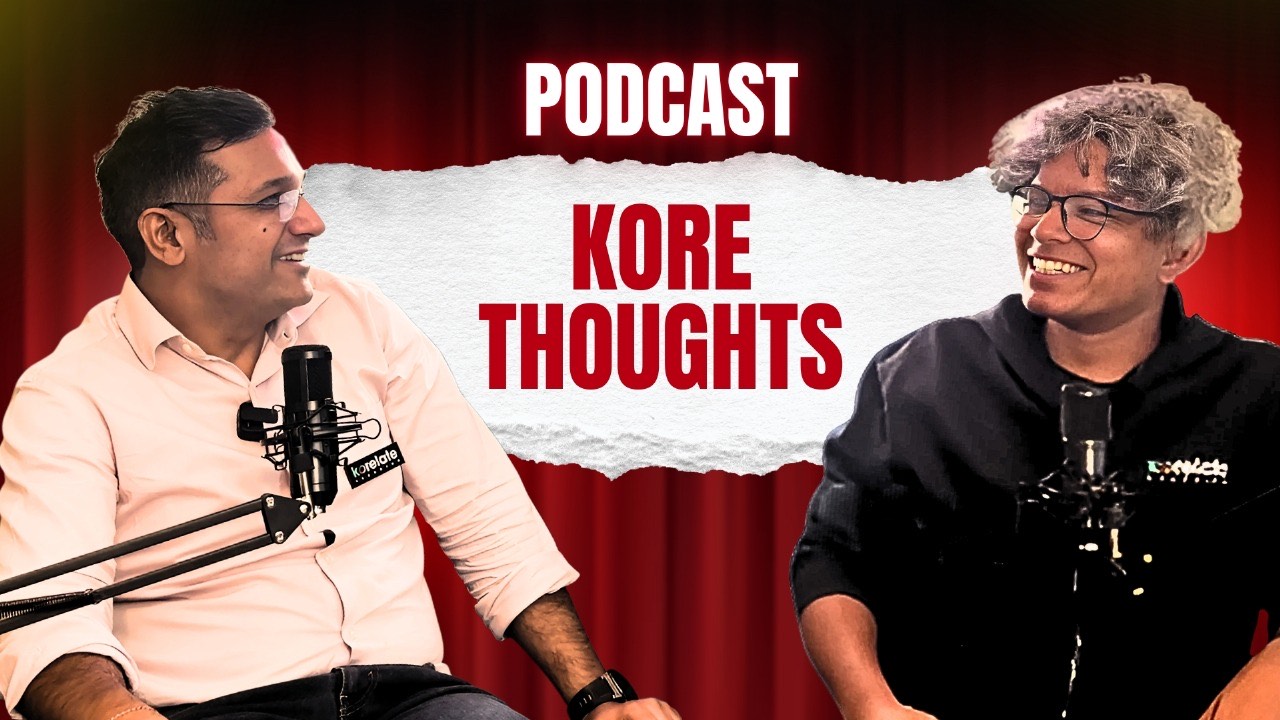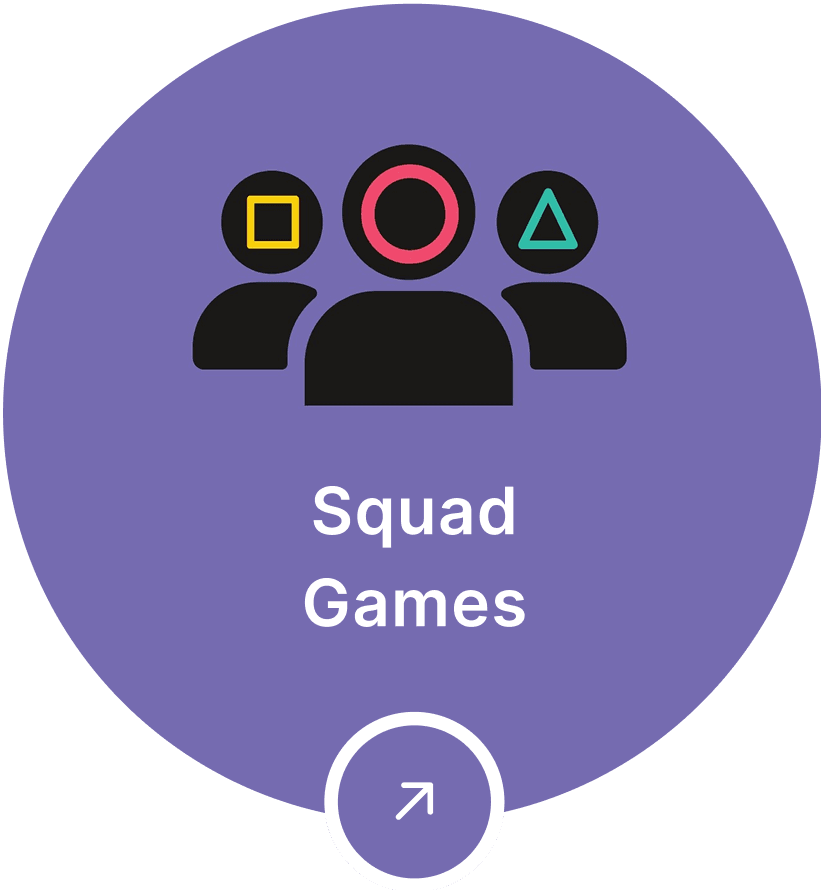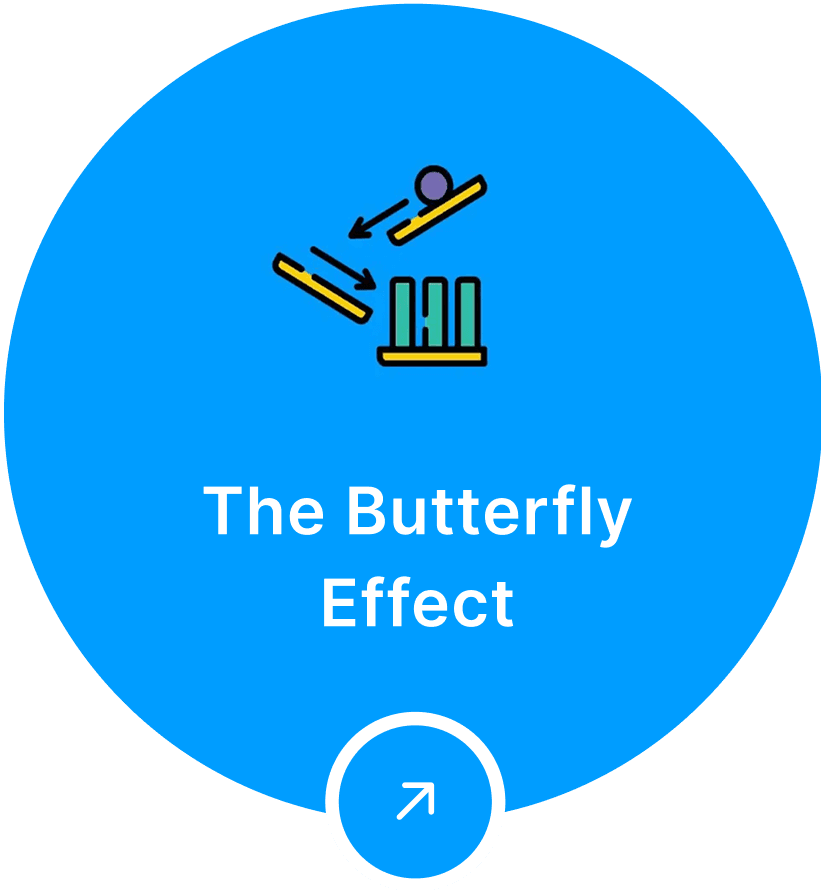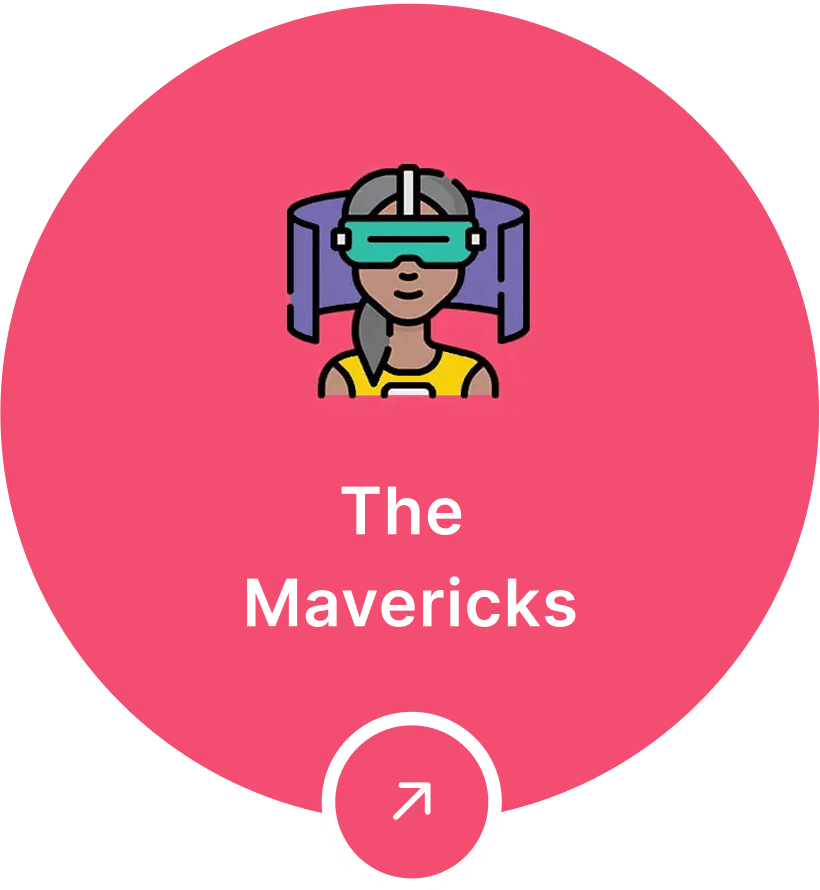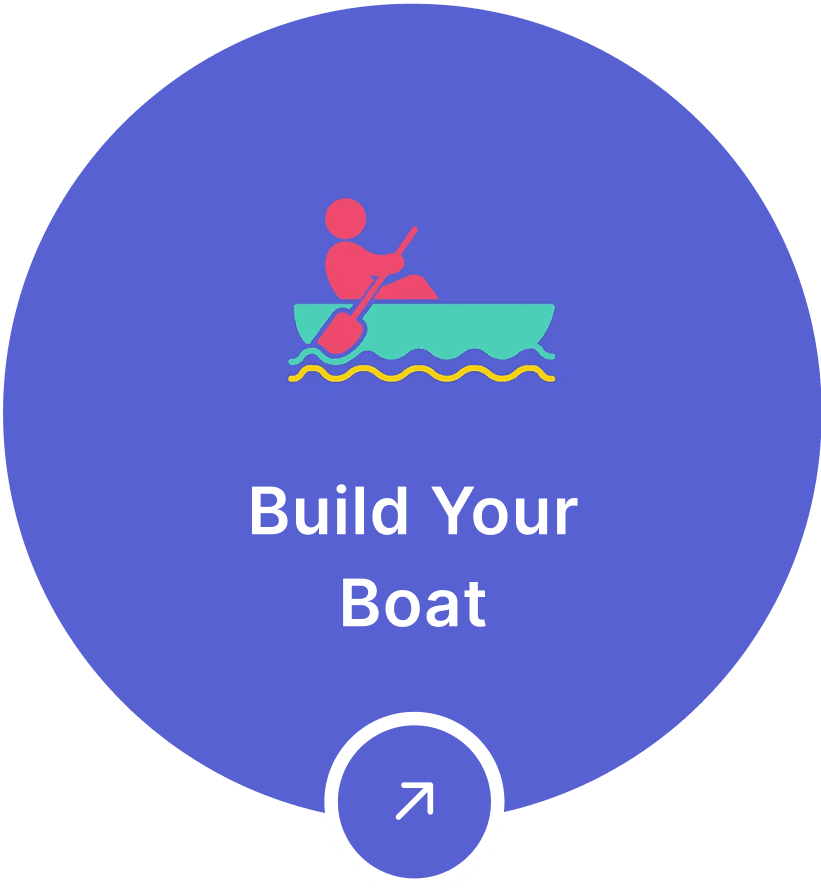In today’s fast-paced business world, success hinges on the ability to leverage the collective power of your workforce. But simply bringing a group of talented individuals together doesn’t guarantee exceptional results. The magic lies in fostering a high-performing team, a well-oiled machine where individuals seamlessly collaborate, innovate, and drive progress. So, what’s the secret sauce behind building these exceptional teams?
This blog post, brought to you by Korelate Learnings, a leading provider of team-building experiences, dives into the key ingredients that foster a truly exceptional team. We’ll explore the essential qualities, the power of corporate team-building activities, and how to cultivate a thriving team environment where everyone can contribute their best.
The Ingredients of an Exceptional Team
Exceptional teams don’t just happen; they’re meticulously built and nurtured. These high-performing teams are the driving force behind organizational success, fostering innovation, collaboration, and achieving remarkable results. So, what are the key ingredients that define an exceptional team? Let’s delve deeper:
-
Shared Vision and Goals:
- Clarity of purpose: Exceptional teams have a clear understanding of the team’s purpose and overall goals. This shared vision acts as a North Star, uniting members, fostering a sense of direction, and motivating them to contribute towards a common objective.
- Alignment with company goals: The team’s goals should be aligned with the broader company goals, ensuring their efforts contribute to the overall success of the organisation.
- Individual buy-in: Team members should not only understand the goals but also feel invested in achieving them. This buy-in fosters a sense of ownership and commitment.
-
Psychological Safety:
- Open communication: Team members feel comfortable expressing ideas, concerns, and feedback without fear of judgment or ridicule. This fosters a culture of honesty and transparency.
- Risk-taking environment: A psychologically safe environment encourages team members to take calculated risks and try new approaches without fear of repercussions. This fosters innovation and problem-solving.
- Support and trust: Team members trust and support each other, knowing they have a safety net if they make mistakes. This fosters collaboration and a willingness to learn from each other.
-
Diversity of Thought and Experience:
- Varied skills and perspectives: Exceptional teams bring together individuals with diverse backgrounds, skills, and experiences. This diversity of thought leads to a richer pool of ideas, fosters creativity, and helps approach challenges from multiple angles.
- Valuing differences: Team members appreciate and leverage the unique strengths and perspectives each individual brings to the table. This fosters inclusion and a sense of belonging.
- Collaborative problem-solving: Diversity of thought is most effective when team members can work together effectively to combine their strengths and overcome challenges.
-
Effective Communication and Collaboration:
- Clear and concise communication: Team members can express their ideas clearly and concisely, ensuring everyone understands the message.
- Active listening: Team members actively listen to each other, paying attention to both verbal and nonverbal cues. This ensures everyone feels heard and understood.
- Conflict resolution skills: Team members can navigate disagreements constructively, focusing on finding solutions rather than assigning blame.
- Collaboration for success: Team members work together seamlessly, leveraging each other’s strengths to achieve common goals. This requires strong interpersonal skills and a willingness to compromise.
-
Mutual Respect and Accountability:
- Respect for colleagues: Team members treat each other with respect regardless of position, background, or experience. This fosters a positive and inclusive work environment.
- Accountability for actions: Team members hold themselves and each other accountable for their contributions to the team’s success. This fosters a sense of ownership and shared responsibility.
- Giving and receiving feedback: Team members are comfortable giving and receiving constructive feedback in a way that helps each other improve. This fosters continuous learning and development.
-
Clear roles and responsibilities:
- Defined roles: Each team member has a clear understanding of their individual role and responsibilities within the team. This minimizes confusion and duplication of effort.
- Complementary skills: The team’s roles and responsibilities should complement each other, ensuring all aspects of the project are covered effectively.
- Flexibility and adaptability: While roles provide structure, exceptional teams can also adapt and flex when needed.
The Power of Corporate Team-Building Activities
Corporate Team-building activities are often seen as fun and engaging outings for employees. But when strategically chosen and facilitated, they can be powerful tools for building exceptional teams. Here’s how well-designed team-building activities can transform your team:
-
Breaking Down Silos and Fostering Collaboration:
- Cross-departmental interaction: Team-building activities bring together individuals from different departments who may not typically interact in their day-to-day work. This helps to break down departmental silos, foster relationships, build trust, and encourage collaboration across the organization.
- Informal interactions: Many team-building activities take place outside the usual work setting, creating opportunities for informal interactions. This allows team members to connect on a more personal level, discover shared interests, and build rapport.
- Shared experiences: Working together towards a common goal in a team-building activity creates shared experiences and memories. These positive experiences can strengthen team bonds, camaraderie, and a sense of “we’re in this together.”
-
Building Trust and Psychological Safety:
- Safe space for interaction: Effective team-building activities create a safe space where team members feel comfortable taking risks, sharing ideas, and offering feedback without fear of judgement. This can be especially helpful for new team members or those who are typically more reserved.
- Building trust through challenge: Team-building activities often involve collaborative problem-solving or overcoming challenges together. This shared experience fosters trust as team members rely on each other’s skills and support to succeed.
- Open communication: When teams work together successfully and overcome challenges in a safe environment, it opens the door to more open communication and collaboration in their daily work.
-
Honing Communication Skills:
- Active listening and clear communication: Many team-building activities rely heavily on teamwork and collaboration, requiring clear communication and active listening skills. These activities provide a safe space for practicing giving and receiving instructions, expressing ideas effectively, and actively listening to one another.
- Conflict resolution: Team-building activities can simulate real-world scenarios where teams might encounter disagreements. This can be a valuable opportunity to practice conflict resolution skills in a controlled environment, fostering better communication and problem-solving approaches for future disagreements.
-
Unlocking Creativity and Innovation:
- Thinking outside the box: Team-building activities can be designed to encourage creative thinking and problem-solving approaches that go beyond the typical. By stepping outside their comfort zones and working together in new ways, teams can discover innovative solutions and unlock their creative potential.
- Embracing new ideas: The collaborative nature of team building activities encourages team members to share ideas and build upon each other’s suggestions. This open exchange of ideas can lead to unexpected breakthroughs and innovative solutions.
-
Identifying Strengths and Highlighting Differences:
- Strengths awareness: Team-building activities can provide opportunities for individuals to showcase their strengths and talents in ways that might not be evident in their everyday work roles. This helps team members discover hidden skills and talents within the team.
- Appreciating differences: Working together on a common goal in a team-building activity allows team members to appreciate the unique strengths and perspectives that each individual brings to the table. This fosters a more inclusive and collaborative team environment.
-
Boosting Team Morale and Engagement:
- Fun and engaging activities: Well-designed team-building activities are fun and engaging, allowing team members to have a laugh, de-stress, and enjoy themselves outside the pressures of work. This can significantly boost team morale and create positive associations with the workplace.
- Team bonding and camaraderie: Working together towards a common goal and overcoming challenges together fosters a sense of camaraderie and team spirit. This strengthens the bonds between team members and creates a more positive and supportive work environment.
- Increased engagement: When employees feel valued, part of a team, and have opportunities to connect with colleagues in a positive way, they are more likely to be engaged in their work.
Building a Thriving Team Environment
Beyond incorporating team-building activities, here’s how to cultivate a thriving team environment:
-
Invest in Ongoing Development:
Provide opportunities for professional development to help team members hone their skills and stay relevant in their field.
-
Recognize and Reward Contributions:
Acknowledge and reward individual and team achievements to foster a sense of accomplishment and motivation.
-
Celebrate Successes:
Take the time to celebrate milestones and successes, big or small. This reinforces positive behaviors and strengthens team spirit.
-
Open Communication and Feedback:
Encourage open communication and regular feedback loops. This allows for course correction, fosters a culture of learning, and helps team members grow together.
-
Invest in Team Wellness:
Prioritise employee well-being by promoting healthy work-life balance and initiatives to reduce stress and burnout. A happy and healthy team is a productive team.
-
Empowerment and Ownership:
Empower team members to take ownership of their work and decision-making processes. This fosters a sense of responsibility and engagement. Give team members the autonomy to make decisions within their area of expertise, trusting them to use their skills and judgment.
By fostering these elements, you create a fertile ground where exceptional teams can flourish. Team members feel valued, motivated, and empowered to contribute their best. They collaborate effectively, solve problems creatively, and drive results that propel the organization forward.
The Role of Korelate Learnings in Building Exceptional Teams
Corporate team-building companies can be valuable partners in your journey toward building exceptional teams. Here’s how Korelate Learning can help:
-
Customized Team Building Solutions:
We don’t offer a one-size-fits-all approach. We work closely with you to understand your company culture, specific goals (e.g., improve communication, boost innovation), and team dynamics. Then, we design or curate a selection of team-building activities tailored to your unique needs.
-
Experienced Facilitation:
Our team of experienced facilitators ensures a fun, engaging, and impactful team-building experience. They guide the activities, keeping everyone involved and maximizing learning opportunities.
-
Measurable Outcomes:
We go beyond simply providing activities. We help you define success metrics and track the impact of team-building programs on your key objectives. This data-driven approach allows you to refine your strategy and demonstrate the return on investment (ROI) of your team-building initiatives.
Investing in your team is an investment in the future of your company. Exceptional teams are the backbone of any successful organization. By incorporating the strategies outlined above and partnering with a reputable team-building company like Korelate Learnings, you can unlock the true potential of your workforce and build a team that achieves remarkable things together.
Contact Korelate Learnings today to discuss your specific needs and explore how our team-building programs can help you build exceptional teams that drive innovation and success within your organization.







